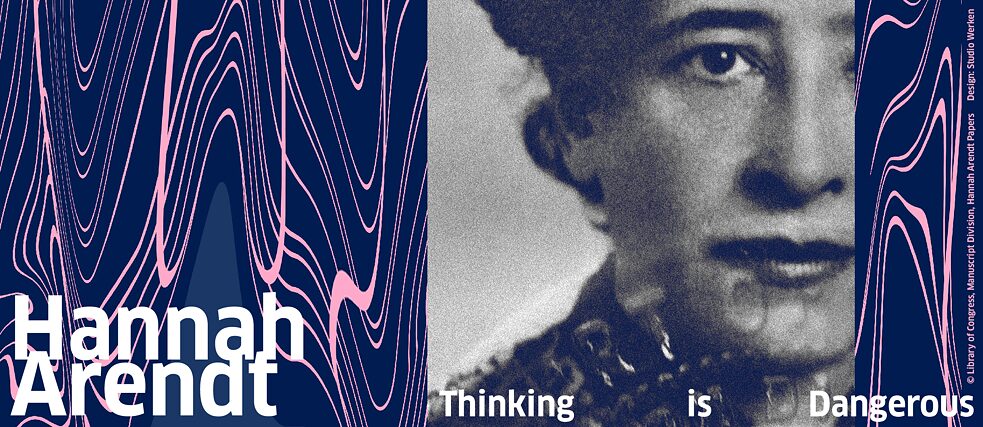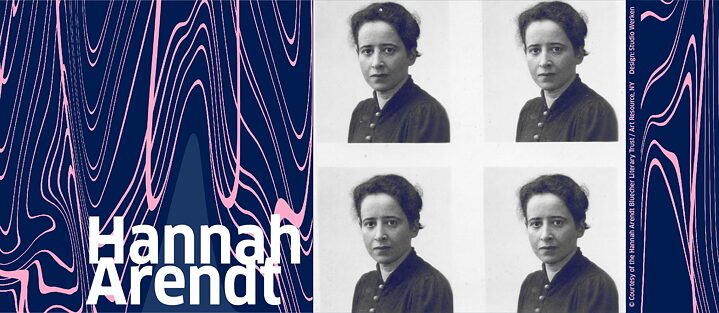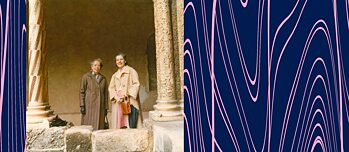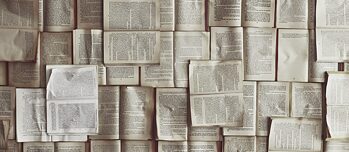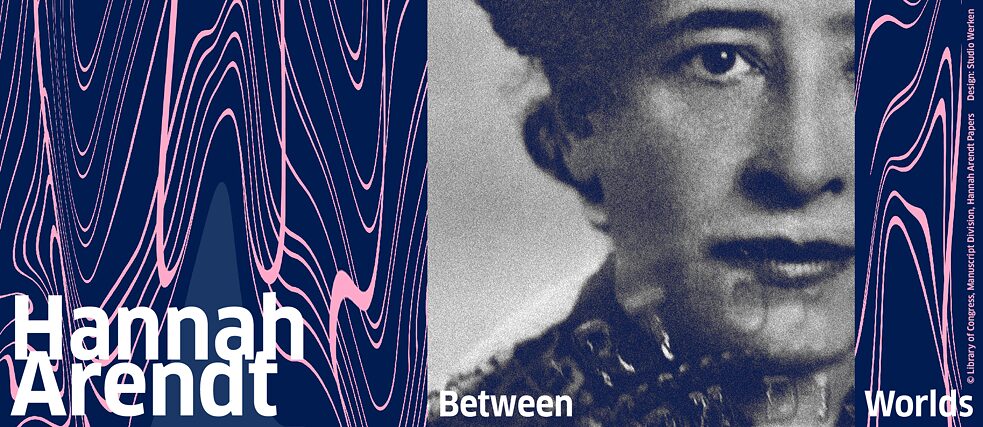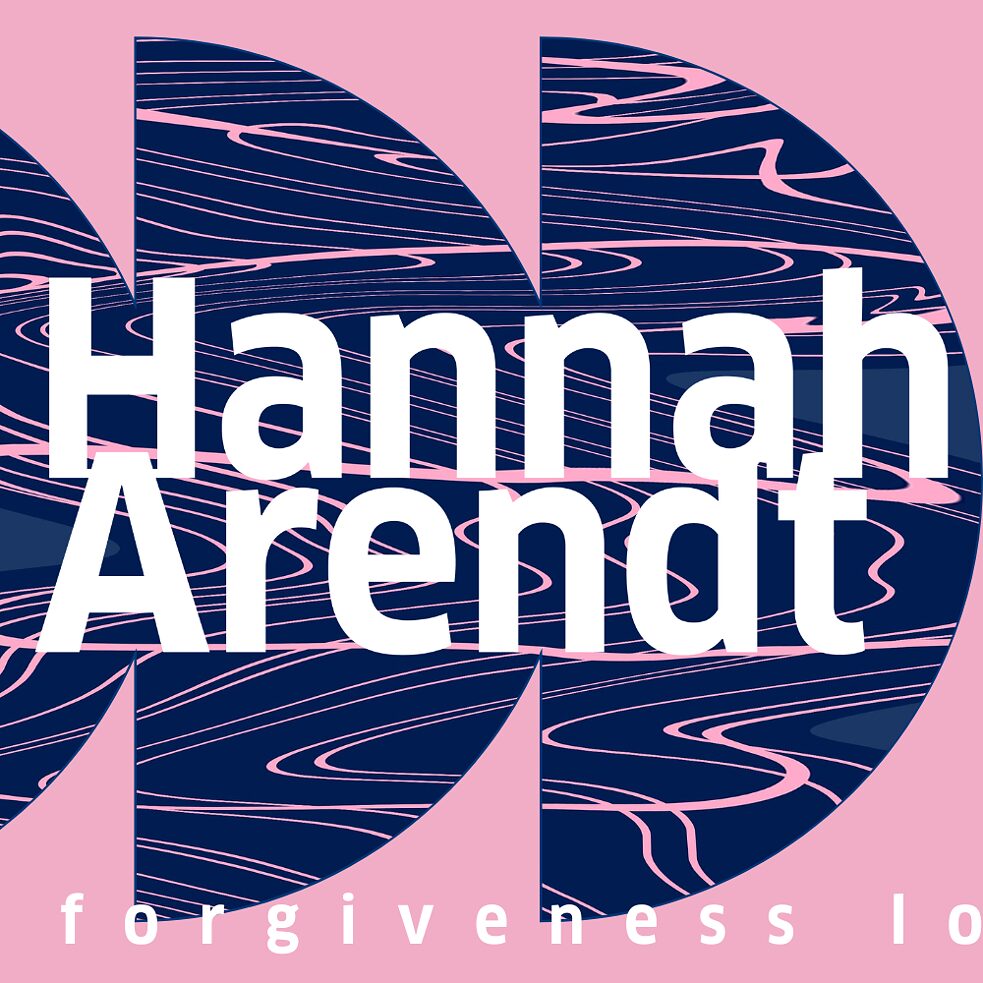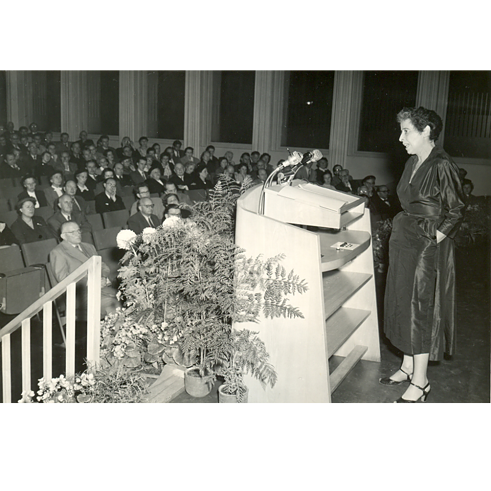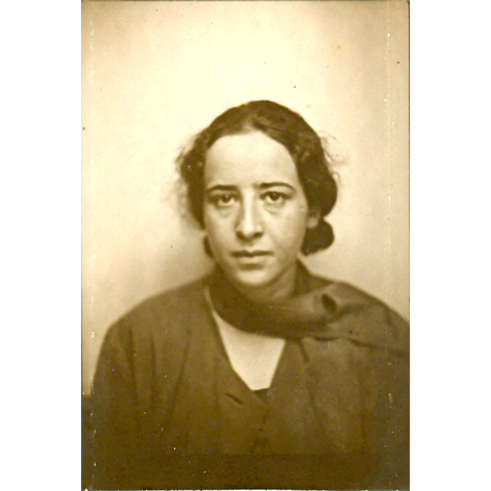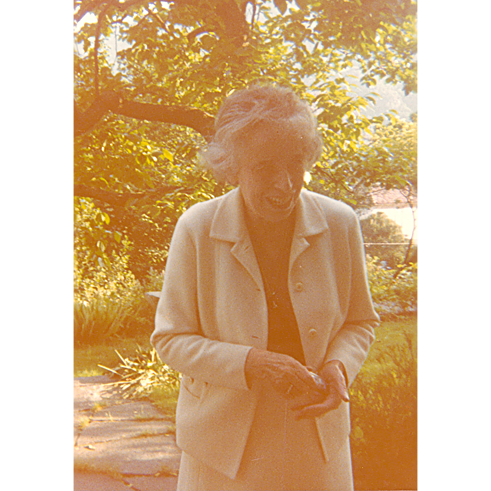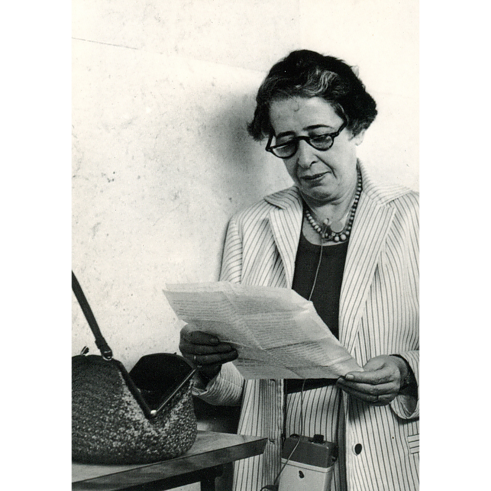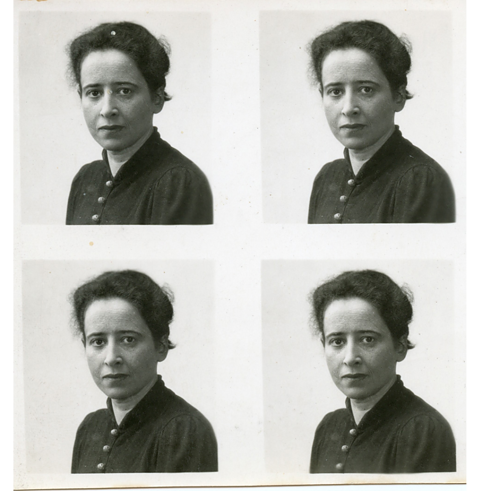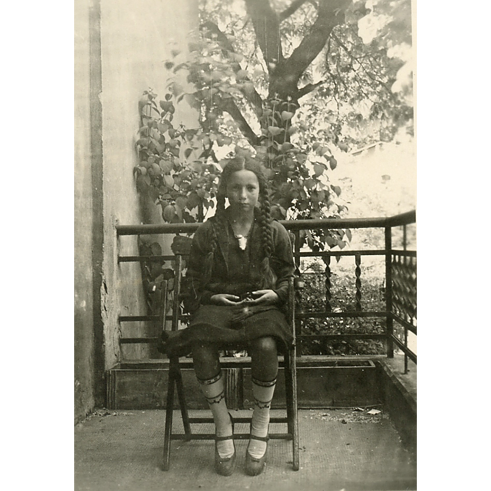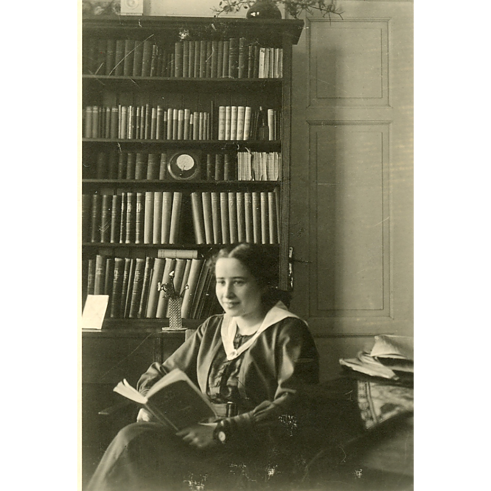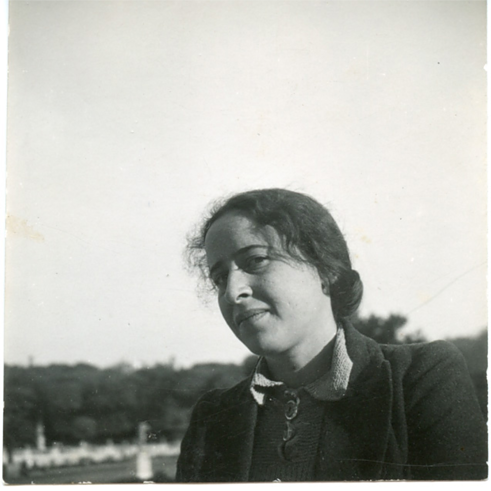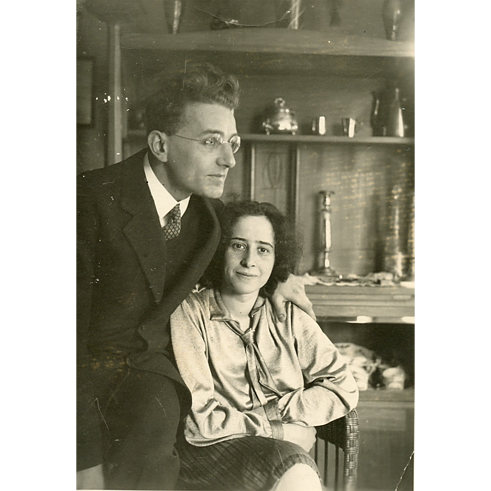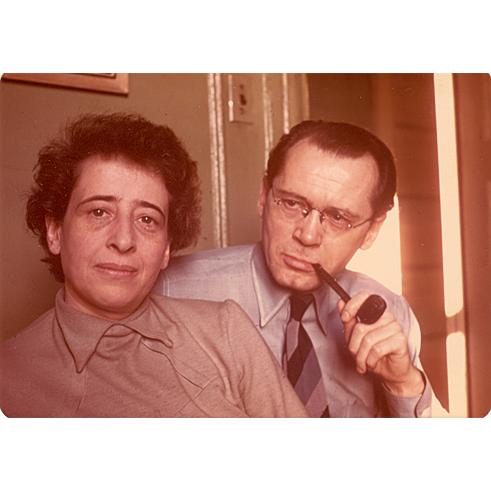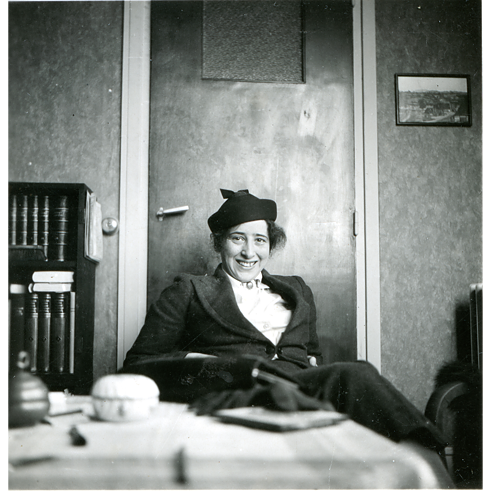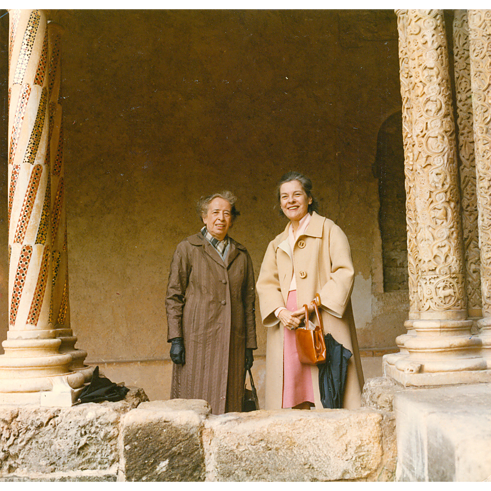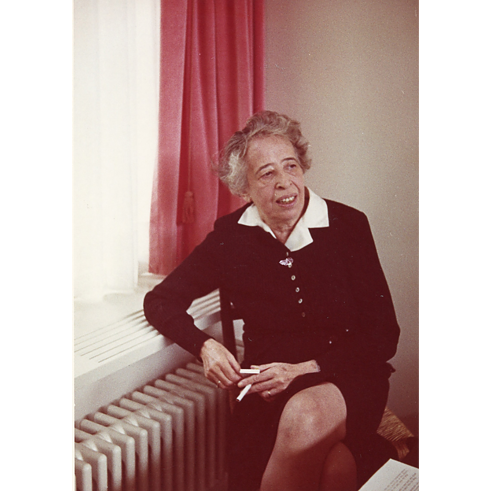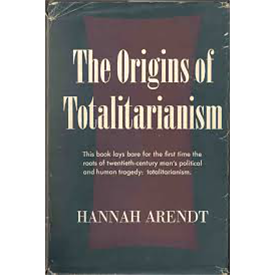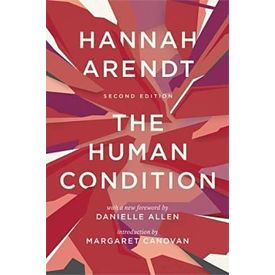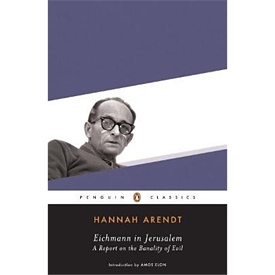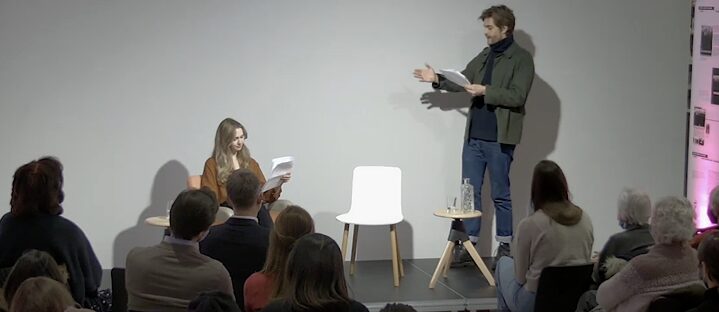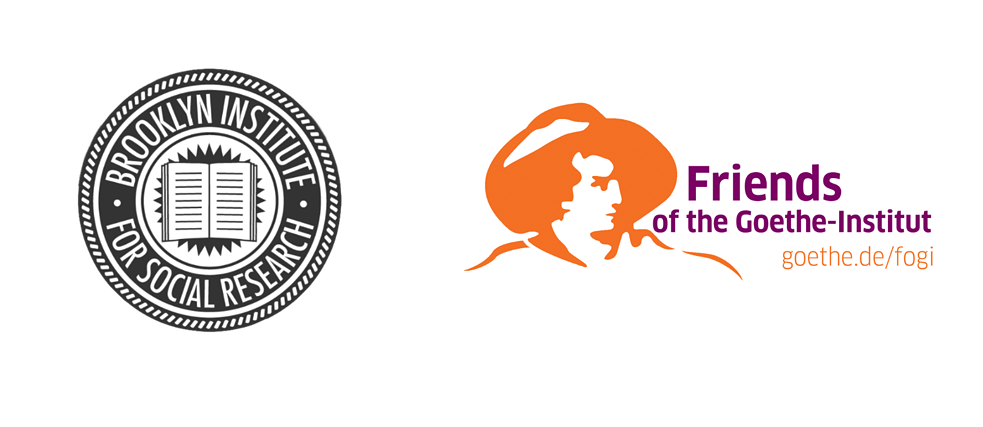The notion that there exist dangerous thoughts is mistaken for the simple reason that thinking itself is dangerous to all creeds, convictions, and opinions.
Hannah Arendt, The Life of the Mind, ed. Mary McCarthy (New York, 1981), p. 176.
Who was Hannah Arendt? And can her work help us to understand the human condition in the 21st century?
In recent years many people have turned to the work of Hannah Arendt to try to understand what is happening in our world today. But who was Hannah Arendt? And why is she so relevant now? Over the course of seven episodes, Samantha Rose Hill will be talking with artists, poets, writers, scholars, musicians, and activists who think with Hannah Arendt as they explore questions of solitude, peace, privacy, freedom, love, and politics.
Ideological thinking ruins all relationship with reality.
Hannah Arendt, The Origins of Totalitarianism (New York, 1951), p. 474.
The picture gallery offers you a glimpse into Hannah Arendt’s life, from her girlhood in Königsberg, to her work in New York City, to the German Literature Archive in Marbach shortly before her death.
Hannah Arendt left behind an extensive life's work. However, these three works are absolutely indispensable and provide a good introduction to the more in-depth study of her works and life. Click below for more recommendations.
